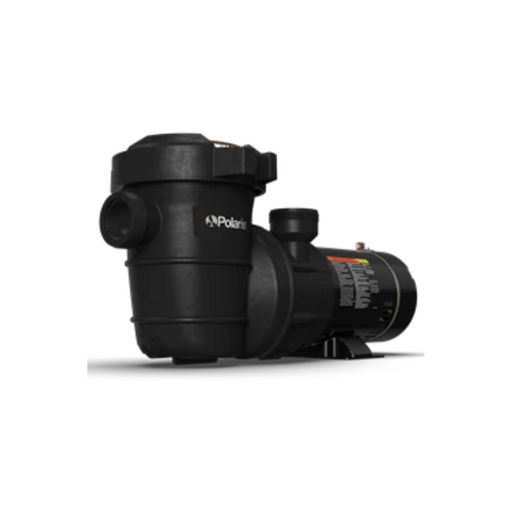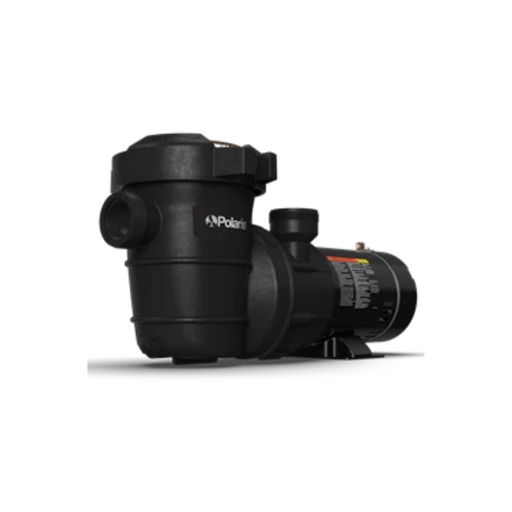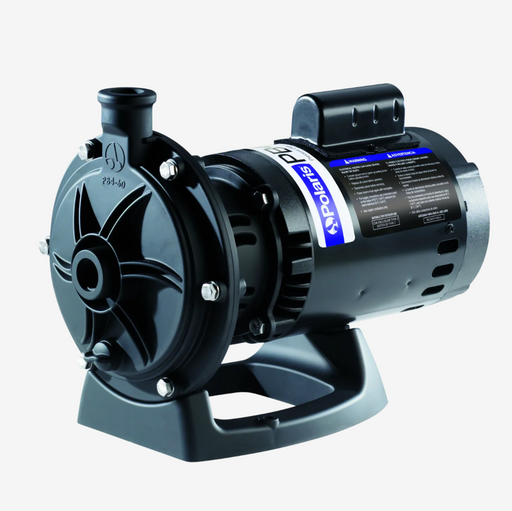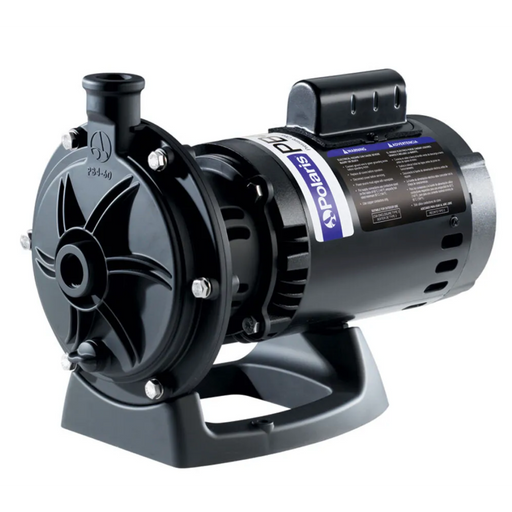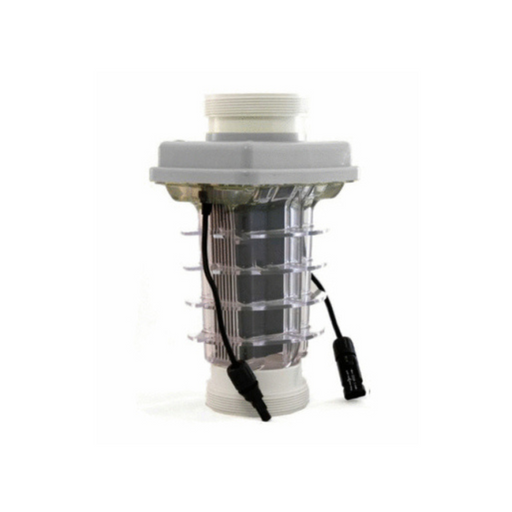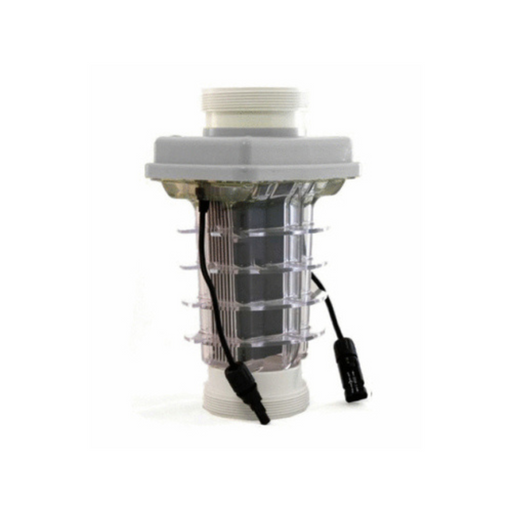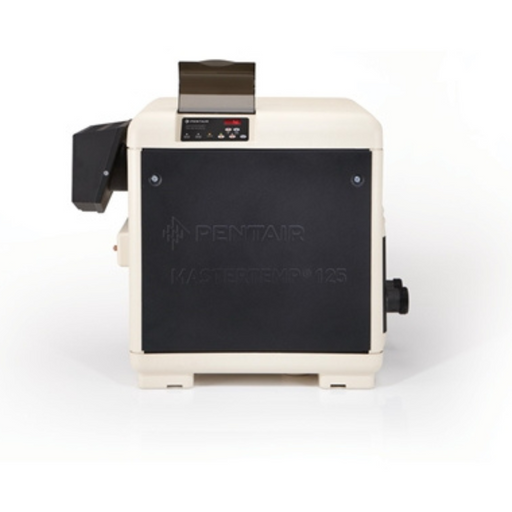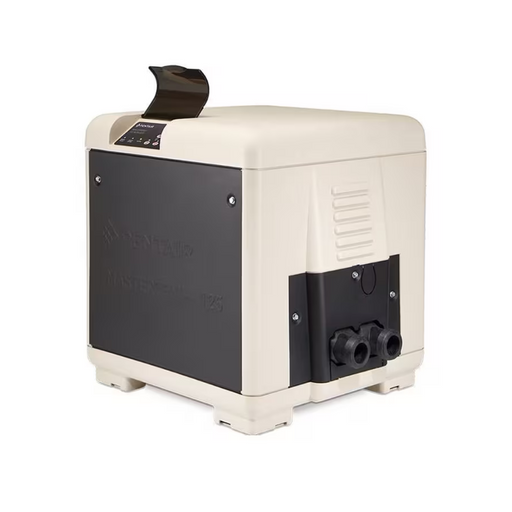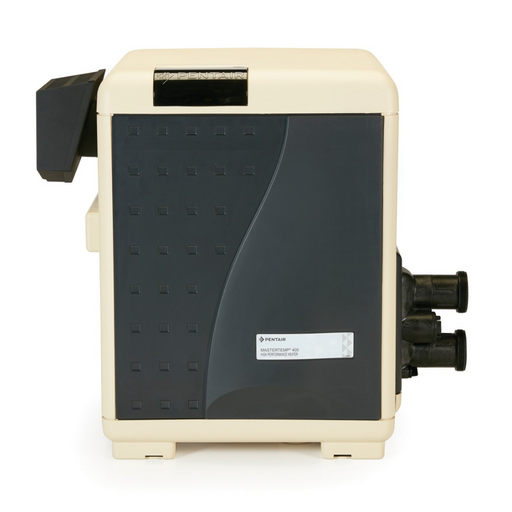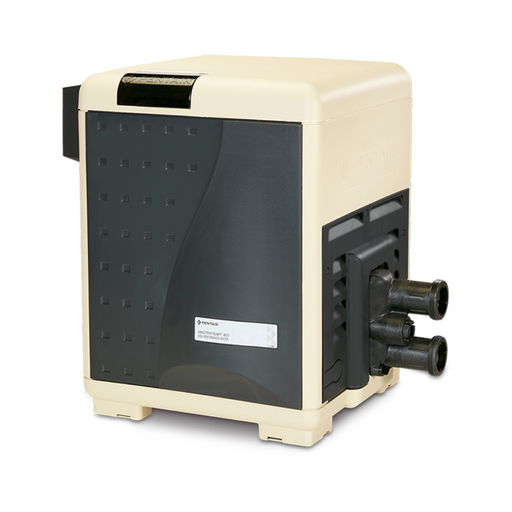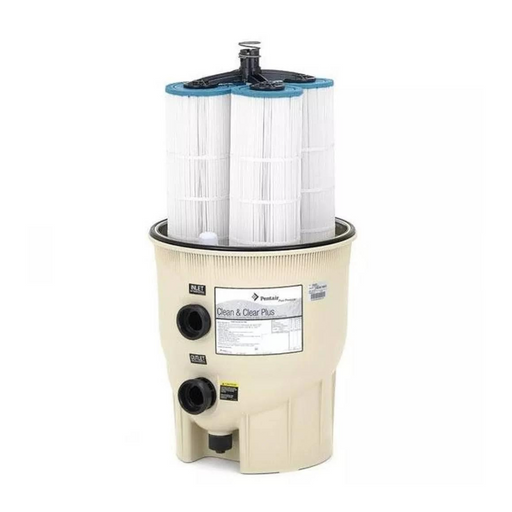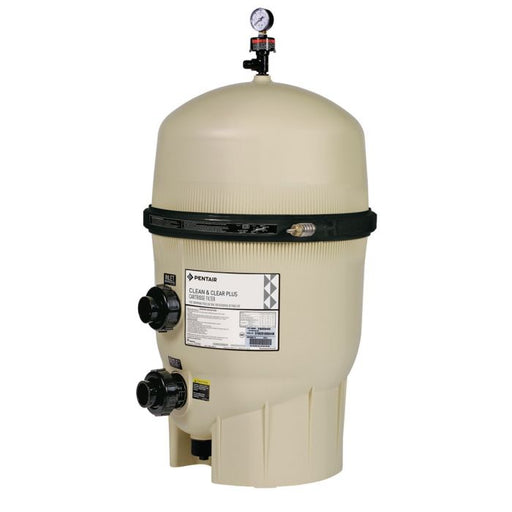Call or Text 303-736-9856
Best Sellers
PureChlor CLG140A-010 Replacement Cell for 40K gal Salt Chlorine Generator CLG140A
PureChlor CLG140A-010 Replacement Service Cell for PureChlor CLG140A Salt Chlorine Generator 40,000 gal. (*sold separately). Specifications: Using...
View full detailsPureChlor CLG125A-010 Replacement Cell for 25K gal Salt Chlorine Generator CLG125A
Brand: PureChlor/Solaxx Replacement Service Cell Weight: 4 pounds For Use With: Purechlor CLG125A 25,000 gal Salt Chlorine Generator UPC Code: 00...
View full detailsPentair MasterTemp 125 High Performance Heater 125K BTU
THE HIGH-EFFICIENCY, HIGH-TECH HEATER FOR POOLS UP TO 15,000 GALLONS. The MasterTemp 125 Heater provides energy-saving and advanced operating featu...
View full detailsPentair MasterTemp High Performance Heater 175K-400K BTU
HEAT YOUR POOL SMARTER Save money and energy with the MasterTemp High-Performance Heater. Already known as being dependable and efficient, MasterTe...
View full detailsPentair 160301 Clean & Clear Plus Multi Cartridge Filter 420 Sq Ft CCP420 EC-160301
FOUR HARD-WORKING CARTRIDGES KEEP POOL WATER CLEAR. Clean & Clear Plus Filters have a corrosion-resistant injection molded filter tank featurin...
View full detailsPool Pumps & Pump Motors
A pool pump serves a crucial function in maintaining the cleanliness and circulation of water in a swimming pool. Its primary purpose is to circulate water through the pool's filtration system, which helps to keep the water clean, clear, and free of debris. Here's how a pool pump functions and its key roles:
- Circulation: The pump draws water from the pool through an intake or skimmer, then pushes the water through the pool's filtration system. This circulation process helps to evenly distribute chemicals and heat throughout the pool, preventing stagnant areas where debris and contaminants can accumulate.
- Filtration: As the water is circulated through the pool's filtration system, it passes through filters that capture particles, debris, and contaminants such as leaves, dirt, and bacteria. This process helps maintain water clarity and hygiene by removing unwanted materials from the pool.
- Chemical Distribution: Pool chemicals such as chlorine, necessary to sanitize the water and prevent the growth of algae and bacteria, are distributed more effectively when the water is constantly moving. The pump helps ensure these chemicals are evenly dispersed throughout the pool.
- Preventing Algae Growth: Stagnant water is a breeding ground for algae growth. By constantly circulating the water, the pump prevents the buildup of algae, which can lead to cloudy water and other water quality issues.
- Heat Distribution: If your pool is heated, the pump contributes to distributing heated water evenly throughout the pool. This helps maintain a consistent water temperature and ensures that the heated water is not concentrated in one area.
- Preventing Stagnation: Stagnant water can attract insects and create an environment conducive to the growth of harmful microorganisms. A properly functioning pool pump prevents water stagnation, creating a healthier and more inviting swimming environment.
- Aeration: The movement of water created by the pump also helps to aerate the pool, introducing oxygen into the water and promoting better water chemistry.
In summary, a pool pump is essential for maintaining a swimming pool's overall health and cleanliness. It promotes water circulation, filtration, and the distribution of chemicals, which collectively contribute to clear, clean, and safe pool water for swimmers to enjoy.


